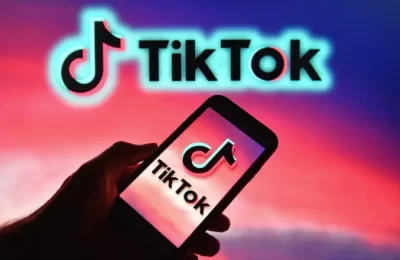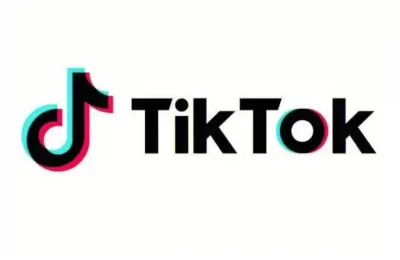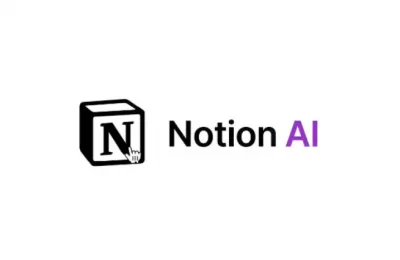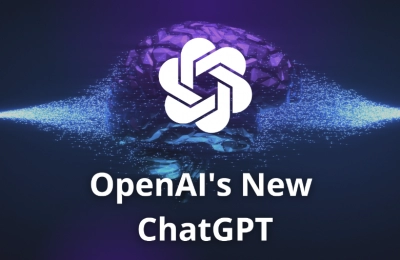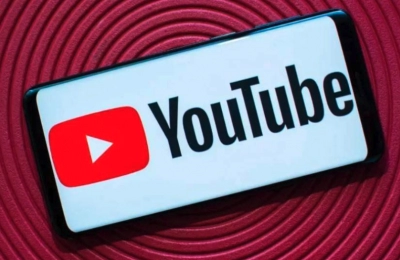Web3.0: Redefining the Future of the Internet
With the internet becoming an integral part of our lives, the next evolution, Web 3.0, is set to revolutionize the way we interact with the web. Unlike the current web, Web 3.0 will be more decentralized, secure, and transparent, powered by blockchain technology. In this article, we explore what Web 3.0 is and how we can utilize it.

What is Web 3.0?
Web 3.0, also known as the decentralized web, is the third generation of the internet. It is a more intelligent, interactive, and interconnected web, allowing for secure and trustworthy transactions, data sharing, and communication. With blockchain technology at its core, Web 3.0 eliminates the need for intermediaries and centralized authorities, creating a decentralized and democratized web.
How to Use Web 3.0?
Web 3.0 brings new opportunities for individuals and businesses alike. It enables secure and fast peer-to-peer transactions, removing high transaction fees and long processing times. With Web 3.0, individuals have more control over their data, making it easier to share, monetize and protect it. Businesses can utilize Web 3.0 to build decentralized applications, creating new business models and disrupting traditional industries.
The Future of Web 3.0
As the adoption of blockchain technology continues to grow, the potential applications of Web 3.0 are vast. From decentralized finance to secure voting systems, Web 3.0 presents limitless possibilities. However, for Web 3.0 to reach its potential, it requires widespread adoption and collaboration across different industries and communities.
Conclusion
Web 3.0 marks a significant transformation of the internet, providing a more decentralized, transparent, and secure web experience. It has the potential to transform various industries and redefine the way we transact, communicate, and share data. However, the success of Web 3.0 depends on acceptance, adoption, and implementation at a global level.
Keywords: Web 3.0, Decentralization, Blockchain Technology, Secure Transactions, Data Privacy, Decentralized Applications, Democratized Web, Future of Internet

